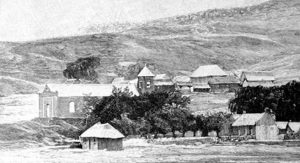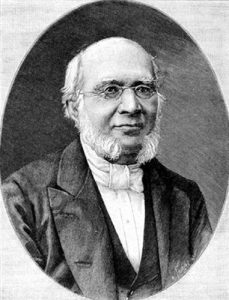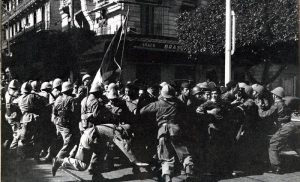A time of awareness
At the end of the eighteenth century, Europe turned towards the rest of the world again for several reasons : the beginning of the Industrial Revolution, the need for economic markets, the need for new products, and a growing population in Europe. Explorers started scouting the seas, establishing supply and trading posts on the coasts of Africa, Asia, and the Pacific, where inland territories were virtually unknown. Under the pressure of the colonial policy led mainly by Great Britain and France, the exploration of these continents began in the middle of the nineteenth century and were made possible by the seafaring and medical progress of steam-driven boats and the discovery of quinine. Explorers in Africa discovered the large-scale havoc caused by the slave trade. This “despicable trade”, practised for four centuries, seemed incompatible with the legitimate trade advocated by colonial policies. The abolition of slavery had become an economic necessity.
The development of the movement in favour of abolitionism
In Europe, a movement in favour of abolitionism preceded this awareness. In 1794, the Convention had abolished slavery but Napoleon had it re-established in 1802. In 1807, England forbade all slave trade and the British Parliament voted slavery out in 1833. France forbade slavery in its colonies on a permanent basis and had it written into its constitution. The religious arguments played a role in the European movement in favour of abolitionism. In England, the abolitionists (the Quaker Thomas Clarkson and the Methodist member of parliament William Wilberforce) claimed to found their arguments on the Gospel. But in France, it is officially for the sake of human rights that the Society of the “Friends of Black people” led the struggle. However, some French abolitionists, such as the abbé Gregoire (constitutional cleric) and the pastor Benjamin Sigismond founed their struggle on the Christian faith. Another pastor, Guillaume de Félice, a professor at the theological faculty in Montauban, was one of the main leaders of the movement responsible for petitions in favour of abolitionism in the Churches in 1846-47. This kind of action led to the French decree that outlawed slavery in 1848.
New Christian ethics
Since the beginning of the slave trade in the sixteenth century, European slave traders had declared themselves Christian ; they had their “human cargo load” escorted by Protestant or Catholic chaplains. In France, the Protestant outfitters in the main ports (Bordeaux, Nantes, La Rochelle, Rouen) had contributed to the slave trade. The nineteenth century abolitionists denounced but admitted that such people were victims of the prejudices of their time. After the revolution of human rights however, it was no longer possible to accept the collusion of Christianity and the slave trade nor to envisage evangelization in Africa without preceding it or accompanying it by the proclamation of freedom and equality for all men, black and white, before God. The missionary movement in the nineteenth century was thus closely linked with the movement in favour of abolitionism of the slave trade and of all slavery.




